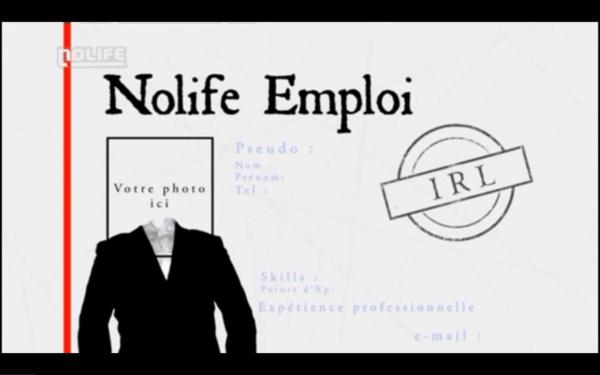

Im Japanischen spricht man von Hikikomori als jungen Erwachsenen, die sich von der Gesellschaft abkapseln und sich von ihren Eltern finanzieren und. Carl Cassegård uses concepts of 'alternative space' and 'empowerment' to investing ate events and processes where the precarious manage to question and redirect hegemonic discourses that attribute certain modes of subjectivation and identities to them. Gli articoli sono stati selezionati e posizionati in questa pagina in modo automatico. Freeter sind ebenfalls in Altersgruppe der Jugendlichen im Sinn der ILO-Definition anzusiedeln sie vermeiden feste Arbeitsverhltnisse und gehen stndig wechselnden Gelegenheitsjobs nach. The Japanese Ministry of Health, Labour and Welfare defines hikikomori as people who refuse to leave their house and, thus, isolate themselves from society in their homes for a period exceeding six months. These are also central to Isabell Lorey's analyses of the ambivalence of precarization mechanisms, developed in the context of her own academic precarity and self-reflexive participation in the movements of the precarious. With reference to the ambivalence of the technologies of self-government of precarious subjects, Oliver Marchart's work is linked to the studies of governmentality by the late Michel Foucault. Japan, too, all social spheres and a growing part of the population are becoming pervaded and affected by precarization.

Its debatable whether a hiki can get a work or not, but its possible to work from home without leaving it.

Of course, they are called precariat for their insecure situation, and because this word contains an aspect of being conceived as a new 'movement subject'. Daily Reminder: >Hikikomori: A reclusive individual who doesnt leave home/who barely leaves the house (and on very rare occasions such as living alone and needing supplies, if they cant get someone to deliver that for them). Hikikomori: nuove tecnologie, Neet, Freeter e Otaku. Precarious youth and its social/political discourse : freeters, neets, and unemployed youth in japan(comparative studies on neet, freeter, and unemployed. 6 Hikikomori refers to both the phenomenon in general and the recluses themselves. La sindrome di Hikikomori Analisi del fenomeno, focus sulla situazione attuale e traduzione di tre articoli con commento traduttologico Relatrice Ch.ma Prof.ssa Nicoletta Pesaro Correlatore Chari.mo Prof. This is a club for people who love or identify with otaku/hikikomori/NEET characters Figures with themes similar to these are also allowed. In Japan, the young generation referred to as 'NEET' and 'freeter' can be considered as a reserve army of the precariat. 'pulling inward, being confined'), also known as acute social withdrawal, 1 2 3 4 5 is total withdrawal from society and seeking extreme degrees of social isolation and confinement.


 0 kommentar(er)
0 kommentar(er)
